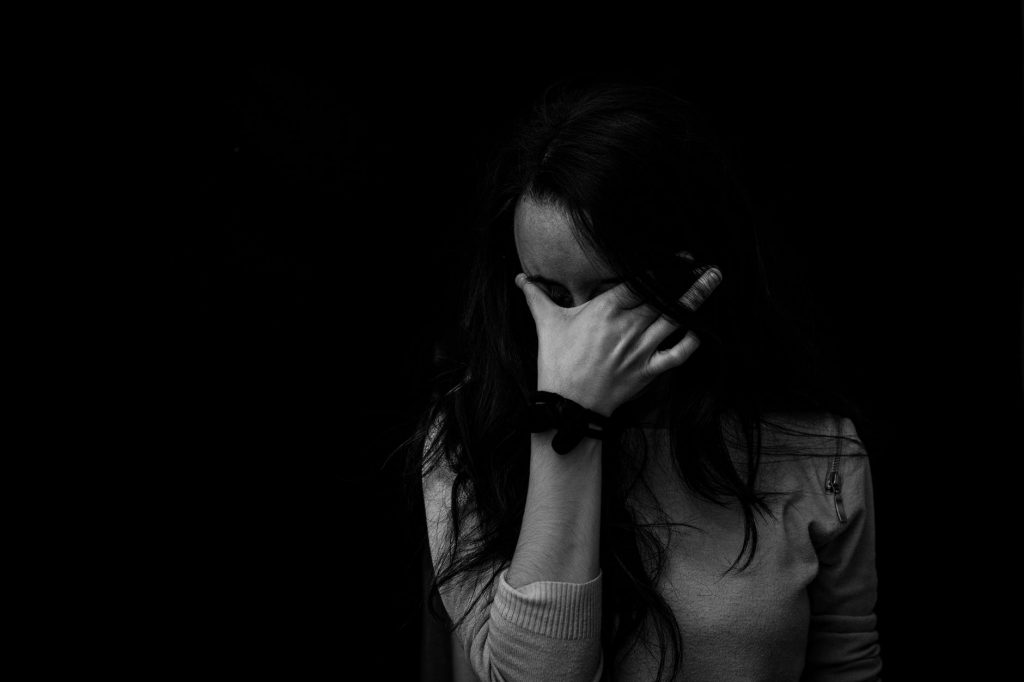Alcoholism is undoubtedly a struggle for those that suffer from the chronic disease but it is also an equally challenging life battle for children who have grown up in homes with parents who were alcoholics. Many times, these children suffer behind the scenes and the ramifications of that life becomes apparent in adulthood.
Homelife for Children of Alcoholics
Chaos and dysfunction define the home lives of children who live in households with alcoholic parents. The imbalance it creates on one’s ability to conduct a normal daily life, like making it to work on time, having stable finances, or being engaged in social relationships, can greatly cause their family to suffer. Alcoholics can exhibit severe and unpredictable mood swings or lead to the depths of depression. This dysfunctional behavior in parents is, in turn, noticed by children. The constant exposure to such imbalances and instability can alter a child’s development as well as their transition to adulthood, and can many times be seen in their behavior patterns when they are adults.
Behaviors of Adults Children of Alcoholics
The multitude of negative manifestations that can appear later in life for these innocent lives is really a tragedy. They can be prone to establishing chronic obsessive behavior disorders. Because alcoholism, in itself, is considered a compulsive behavior, due to the fact that the individual that is plagued with the inability to stop taking in excessive amounts of alcohol. The children that have grown up watching this behavior as their form of “normal” can often end up themselves being victims of substance abuse.

They may also be attracted to individuals that have a similar compulsive disorder and get themselves into toxic relationships. These compulsive disorders could be alcohol-related or related to another obsession, like gambling. Unless they recognize this and seek therapy, they may be looking at a potentially long life of co-dependency, dysfunction, and unhappiness.
They may also suffer from many mental debilitations, like anxiety or forms of depression, as a result of growing up in such an unstable environment. Their innate sensitivity to stress requires a closer look and a treatment plan that addresses mental discrepancies in order for them to live healthily and well-adjusted lives.
Finding Help for Adults with Scars from Family Alcoholism
Spouses, children, siblings; everyone in a family suffers along with the individual who has a substance dependence. When an individual has bottled up emotions and has lived for years under the stress of exposure to others with this disease, their development can be severely limited and stunted. Their mental illness can bleed over and become physical illness, and their quality of life can be severely damaged.
Speaking to a qualified therapist or seeking treatment in a reputable program may be a life-changing course of action for these individuals. When you are not only struggling with emotional psychological disorders but also substance abuse, the need to be immersed in a recovery program could be a lifesaver; literally.
You don’t have to live a life in the dark. Discovery Place provides many treatment programs in a scenic country setting. Our Tennessee-based recovery center can help you heal and begin living your best life. There is no better time than now to be healthy and happy. Contact us today at 1-800-725-0922, and speak to one of our friendly staff members who are here to talk to you 24 hours a day, 7 days a week.


